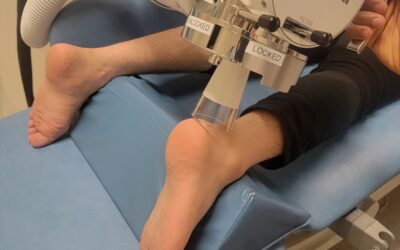Bladder drug delivery via catheter instillation is a widely used treatment for recurrence of superficial bladder cancer. Intravesical instillation of liposomal botulinum toxin has recently shown promise in the treatment of overactive bladder and interstitial cystitis/bladder pain syndrome, and studies of liposomal tacrolimus instillations show promise in the treatment of hemorrhagic cystitis. Liposomes are lipid vesicles composed of phospholipid bilayers surrounding an aqueous core that can encapsulate hydrophilic and hydrophobic drug molecules to be delivered to cells via endocytosis. This review will present new developments on instillations of liposomes and liposome-encapsulated drugs into the urinary bladder for treating lower urinary tract dysfunction.
Joseph J. Janicki, Michael B. Chancellor,* Jonathan Kaufman, Michele A. Gruber, and David D. Chancellor
Download Paper
Xstrahl Presented at the 11th Congress of Radiological Technologists of R. N. Macedonia
Xstrahl presented The role of radiation technologists as a radiotherapy treatment at the 11th Congress of Radiological Technologists of R. N. Macedonia






